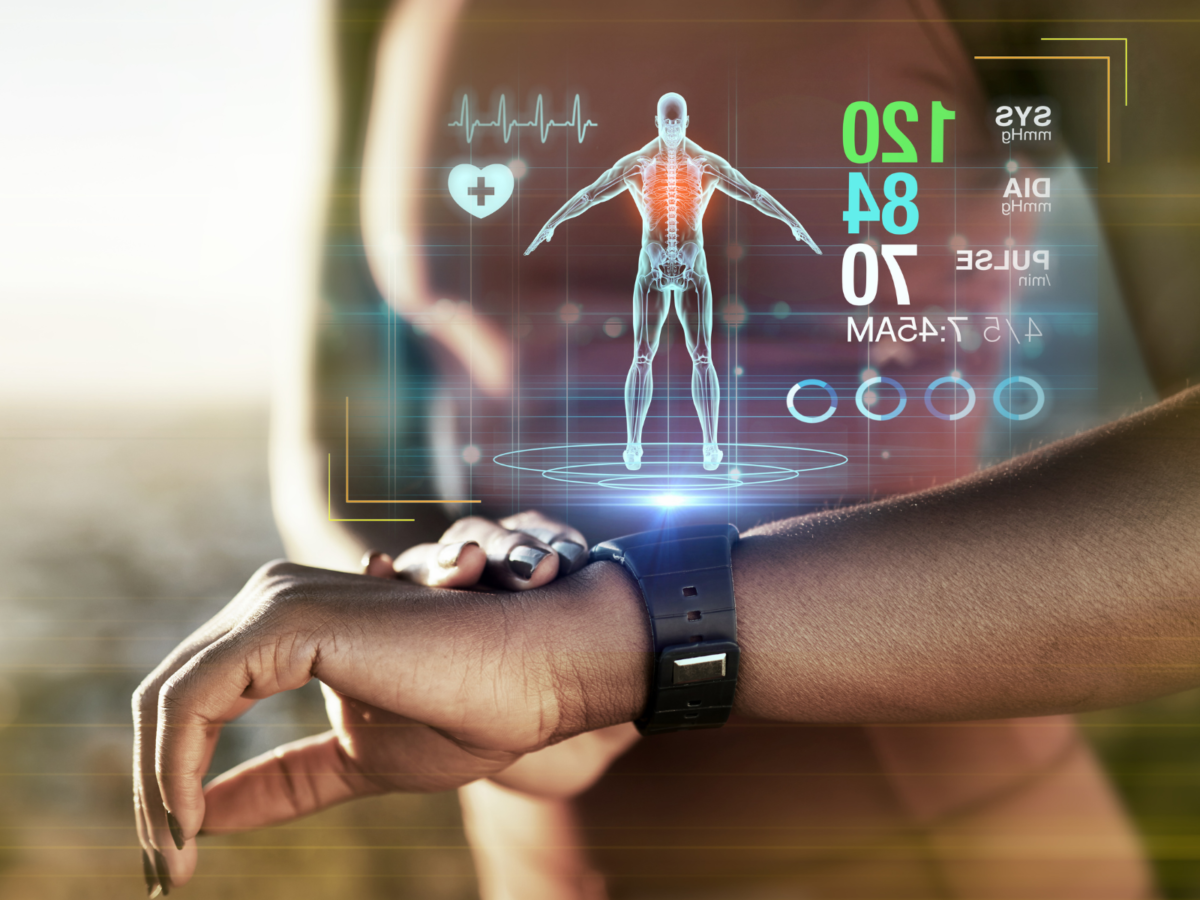
Unlocking the Potential: Wearable Tech and the Future of Health Monitoring
In an era where technology seems to seep into every aspect of our lives, from smartphones that practically serve as extensions of our bodies to smart homes that anticipate our needs, it’s no surprise that healthcare is also undergoing a digital transformation. One of the most promising areas within this transformation is wearable technology.
Wearable tech, once relegated to basic fitness trackers counting steps and monitoring heart rates, has evolved into sophisticated devices capable of providing real-time health data and insights. From smartwatches that can detect irregular heart rhythms to wearable patches that monitor glucose levels, the potential of these devices to revolutionize healthcare is immense.
So, what exactly makes wearable tech the future of health monitoring?
- Continuous Monitoring: Unlike traditional medical devices that are used intermittently, wearable tech offers continuous monitoring of vital signs and other health metrics. This continuous stream of data provides a more comprehensive picture of an individual’s health status, allowing for earlier detection of potential issues.
- Personalized Insights: Wearable devices collect a wealth of data, including activity levels, sleep patterns, and physiological measurements. Advanced algorithms can analyze this data to provide personalized insights and recommendations tailored to the individual’s unique health needs and goals.
- Remote Patient Monitoring: Wearable tech enables remote patient monitoring, allowing healthcare providers to keep tabs on their patients outside of traditional clinical settings. This is particularly beneficial for individuals with chronic conditions who require ongoing monitoring and management.
- Early Detection and Prevention: By continuously monitoring key health metrics, wearable devices can help detect abnormalities and warning signs at an early stage, often before symptoms manifest. This early detection can facilitate timely intervention and preventive measures, potentially averting more serious health complications down the line.
- Empowering Users: Perhaps one of the most significant advantages of wearable tech is its ability to empower individuals to take control of their health. By providing users with access to their own health data in an easily understandable format, these devices encourage proactive health management and behavior change.
However, despite the immense potential of wearable technology in health monitoring, several challenges remain. These include concerns regarding data privacy and security, the need for robust validation and regulation of these devices, and ensuring equitable access to technology for all individuals, regardless of socioeconomic status.
As we look to the future, it’s clear that wearable tech will continue to play a pivotal role in shaping the landscape of healthcare. From enhancing preventive care to enabling more personalized and proactive approaches to health management, the possibilities are endless. As technology continues to advance and become more seamlessly integrated into our daily lives, wearable tech may very well emerge as one of the most powerful tools in our healthcare arsenal.










